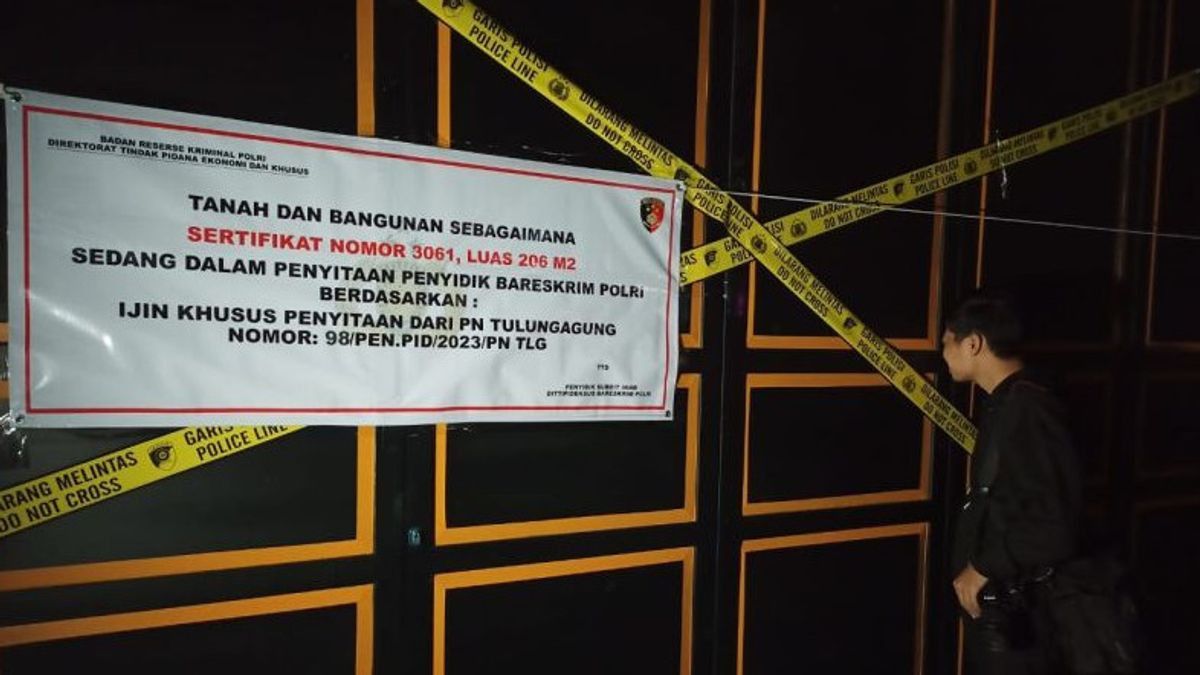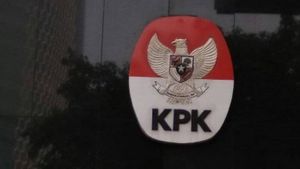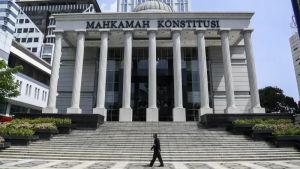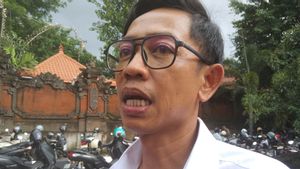YOGYAKARTA - The Asset Confiscation Bill (RUU) is currently being widely discussed after being mentioned by the Chairman of Commission III DPR Bambang Wuryanto or Bambang Pacul in a working meeting at Commission III DPR, Jakarta, Wednesday 29 March 2023 evening.
At that time, Pacul responded to a request for ratification of the Asset Confiscation Bill from the Coordinating Minister for Political, Legal, and Security Affairs (Menko Polhukam) Mahfud MD. This request arose in line with allegations of an odd IDR349 trillion transaction at the Ministry of Finance.
In the meeting, Pacul said that the Asset Confiscation Bill could be passed into law if the party chairmen agreed. This is because all DPR members obey their respective 'bosses'. Therefore, he asked the government to lobby the general chairman of the party.
"The republic here is easy sir, this Senayan. Don't lobby here sir, these Koreans all obey their respective bosses. Here you can speak fiercely sir. Bambang Pacul calls Mrs.: 'Pacul stops', 'yes I'm ready'. Do it, sir," said Pacul.
So, what is the Asset Confiscation Bill?
What is the Asset Confiscation Bill
The Asset Confiscation Bill, also known as asset recovery, is a law that regulates the takeover of control and ownership of assets for economic-motivated criminal acts, such as corruption and narcotics based on court decisions that have permanent legal force.
Summarized from various sources, Tuesday, April 4, 2023, the Asset Confiscation Bill was drafted because the current mechanism for confiscating criminal assets has not yet supported efforts to uphold justice and improve people's welfare.
The passing of the Asset Confiscation Bill into law can encourage professional, transparent, and accountable law.
All the rules contained in the Asset Confiscation Bill were made to pursue assets resulting from crime, not against the perpetrators of crime.
It is hoped that the Asset Confiscation Law can help restore state losses from corruption, money laundering, narcotics, and other criminal acts.
Currently, asset confiscation can only be carried out when someone is proven to have committed a criminal act of corruption or money laundering (TPPU) with evidence of a predicate crime.
If the Asset Confiscation Bill is passed into law, predicate crimes are no longer needed.
Paradigm of the Asset Confiscation Bill
There are three paradigms used in the Asset Confiscation Bill, namely:
- Defendants in criminal cases are not only legal subjects of crimes but also assets obtained from these crimes.
- The judicial mechanism used is the civil justice mechanism.
- Court decisions are not subject to criminal sanctions as sanctions imposed on other perpetrators of crime.
Mechanism of Confiscation of Criminal Acts of Assets
In the mechanism of confiscation of criminal assets, there are two mechanisms that can be used, namely:
- Confiscation of assets based on criminal charges (conviction based asset forfeiture)
Confiscation of assets without being based on criminal charges (non-conviction based asset forfeiture).
Asset confiscation mechanisms based on criminal convictions are common in the current criminal law framework. This means that asset confiscation can only be carried out after a court decision has permanent legal force.
Meanwhile, the second mechanism for confiscation of assets can be carried out based on the principle of formal proof and carried out within the framework of civil law.
This is information about the Asset Confiscation Bill. To get other interesting news, read on VOI.ID.
The English, Chinese, Japanese, Arabic, and French versions are automatically generated by the AI. So there may still be inaccuracies in translating, please always see Indonesian as our main language. (system supported by DigitalSiber.id)













